How can Transdev’s rail business in France expand against the backdrop of passenger transport being opened up to competition?
To find out, we met Alix Lecadre, Rail Director France for Transdev. His mission is to consolidate Transdev’s rail expertise in France and speed up the rollout of this business line across the whole of France by developing a strategy of responses to calls for tender that stand out from the competition.
The aim is for Transdev to become the leading alternative to the historic operator in France.

Alix Lecadre
Rail Director France for Transdev
How would you define your role and responsibilities as Rail Director France for Transdev?
Being Rail Director France for Transdev involves carrying out two missions at the same time:
- The first consists in consolidating Transdev’s rail expertise in France whilst ensuring we remain proficient in our business everywhere we operate. On the practical side, it involves making sure that working in rail stays attractive for employees in social terms.
- The second involves expanding Transdev’s rail business in France against the backdrop of passenger transport being opened up to competition. To achieve this, we’re developing our strategy of responding to calls for tender. Our decisions are based on our answers to two questions: where we have the best chance of winning contracts, and where we can put forward relevant proposals that stand out in view of local needs and particularities.
What is your strategic vision for developing the rail sector within Transdev with the advent of deregulation?
Transdev has been engaged in deregulation for over ten years now: taking part in the discussions with national government about the regulatory framework for the business, responding to calls for tender, and seeing improvements; we’re building up our expertise over the long term.
Transdev is already the leading alternative to the historic rail operator in Germany, and our aim is to secure the same position in France. Indeed, we’ve already won two of the four tenders put out to competition, with very different models in those two cases. The first line, running between Nice and Marseille, connects the main cities along the French Riviera; we’re seeking to make it more dynamic and more reliable. The second, running between Nancy and Contrexéville, is a full re-opening in a rural area for which we’re part of a consortium with contractors NGE and the Caisse des Dépôts bank. The consortium’s role includes not only operations themselves but also restoration of the line, maintenance, and traffic management, illustrating how we can adjust to specific needs and localities.
We aren’t there to respond to every single call for tender but to do so in regions that are really keen to become game-changers and offer a better travel experience.
Opening up a new market is quite a challenge, especially in France. In its consultative opinion published in November 2023, the French Competition Authority highlighted how difficult it is for mobility authorities to promote alternatives to the historic rail operator. The first feedback from the implementation of France’s ‘New Rail Deal’ Act must be taken into account to push the envelope and deliver a framework that’s more equitable for all rail companies.
Historically, Transdev has operated urban transport and intercity coach transport; how have you gone about incorporating the challenges of rail in the company?
Transdev’s networks cover city centres, suburbs and sparsely populated areas. We operate all modes of transport: trains, metros, tramways, buses, coaches, river shuttles, bikes, and on-demand transport services, which means we can offer mobility solutions to suit the needs of all kinds of area, drawing on the broad diversity of our achievements the world over.
What is more, in many cases we can draw on the experience of our colleagues all over the world, building on their experience and expertise. For instance, we’ve looked to German colleagues in particular to help us build our information systems and ensure our operations teams are upskilled quickly.
How does Transdev go about incorporating new technologies such as self-driving trains and smart mobility solutions in its rail services?
The fact that we’re a new operator gives us an opportunity to start out with an integrated, full-scope information system. We can adopt the best solutions on the market without being hindered by all the baggage of legacy technology. We’re renewing business processes with a focus on the reliability of our information systems and the creation of new modes of communication for our operations. This capacity for innovation applies first and foremost to passenger information.
How is Transdev working with local authorities and other industry stakeholders to improve rail services?
Constantly and closely! That’s the outworking of the Transdev culture, in which we maintain an ongoing relationship with our customer and mobility authorities, with an organisational structure that is purposefully highly decentralised and local: rail operations are managed locally. The most important thing for us is to respond and adapt to the needs of our mobility authorities, and this same principle applies in rail.
What are Transdev’s commitments in terms of sustainability and reducing the rail industry’s carbon footprint?
These aspects are dealt with as part of a broader strategy. Wherever possible, we seek to increase the public transport offering and passenger traffic; that’s one of our greatest challenges. Public transport clearly has a key role to play in combating climate change, since up to 30% of global emissions are transport-related. Carrying more people on public transport is not only an economic and social necessity, it’s also an ecological must.
What do you expect from the participation of Transdev in a European mobility show like ours?
It’s key moment for meeting others, having discussions and staying up to date, as well as an opportunity to source new suppliers and learn about new solutions. By taking part, we’re also creating an opportunity to draw on what’s been achieved so far to provide new services.
Alix Lecadre is a graduate of France’s prestigious Ecole Nationale d’Administration and the Bordeaux School of Political Science; she also holds a Masters in Regional and Urban Passenger Transport (TURP) from France’s National School of Public Works (ENTPE)/Lyon 2 University, and is currently Rail Director France for Transdev. She began her career in 2006 working for SNCF as strategy and contract manager for Champagne-Ardenne TER regional trains and then held a number of other positions at Régions de France and within the Pays de Loire regional council. After some time as institutional relations and consultation manager for SNCF’s Bretagne/Pays de la Loire network region, in 2016 she decided to take the stream 3 entrance exam for France’s National Public Service Institute (formerly known as ENA) and became a state administrator in the Ministry for the Economy and Finance. Between 2020 and 2022 she served as Infrastructure and Mobility adviser to Jacqueline Gourault, the then Minister of Territorial Cohesion and Relations with Local Authorities.
